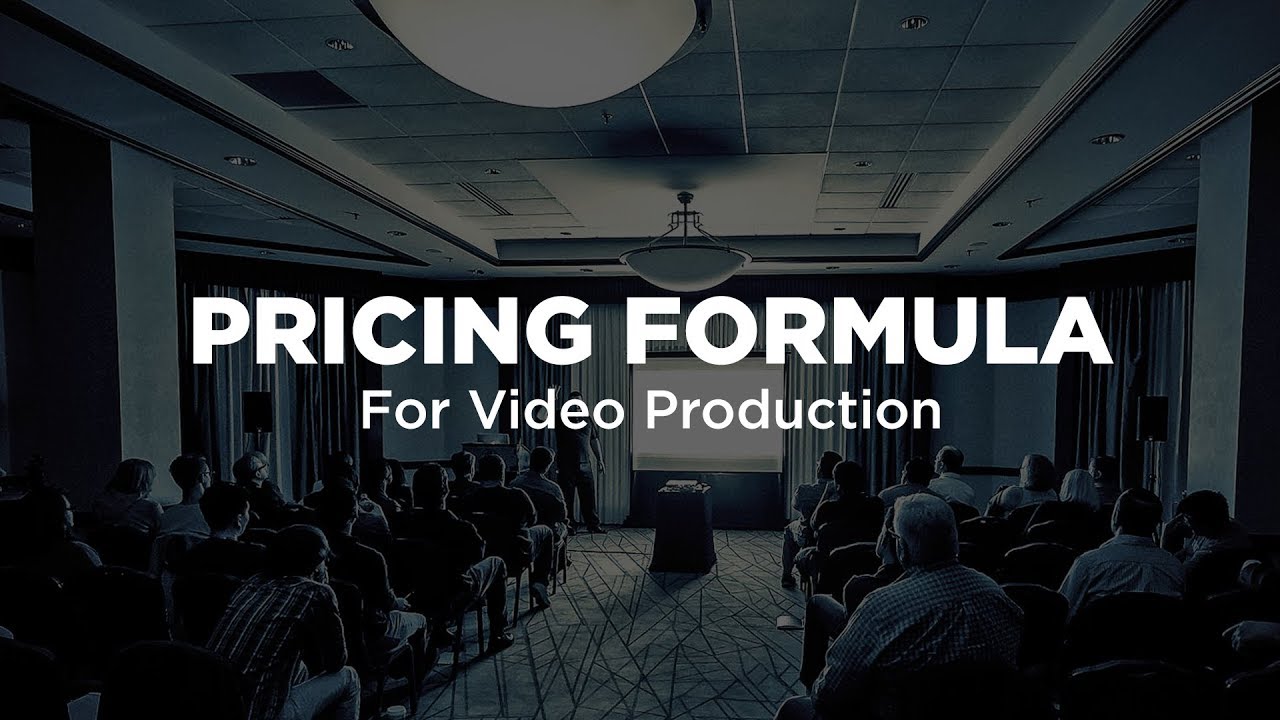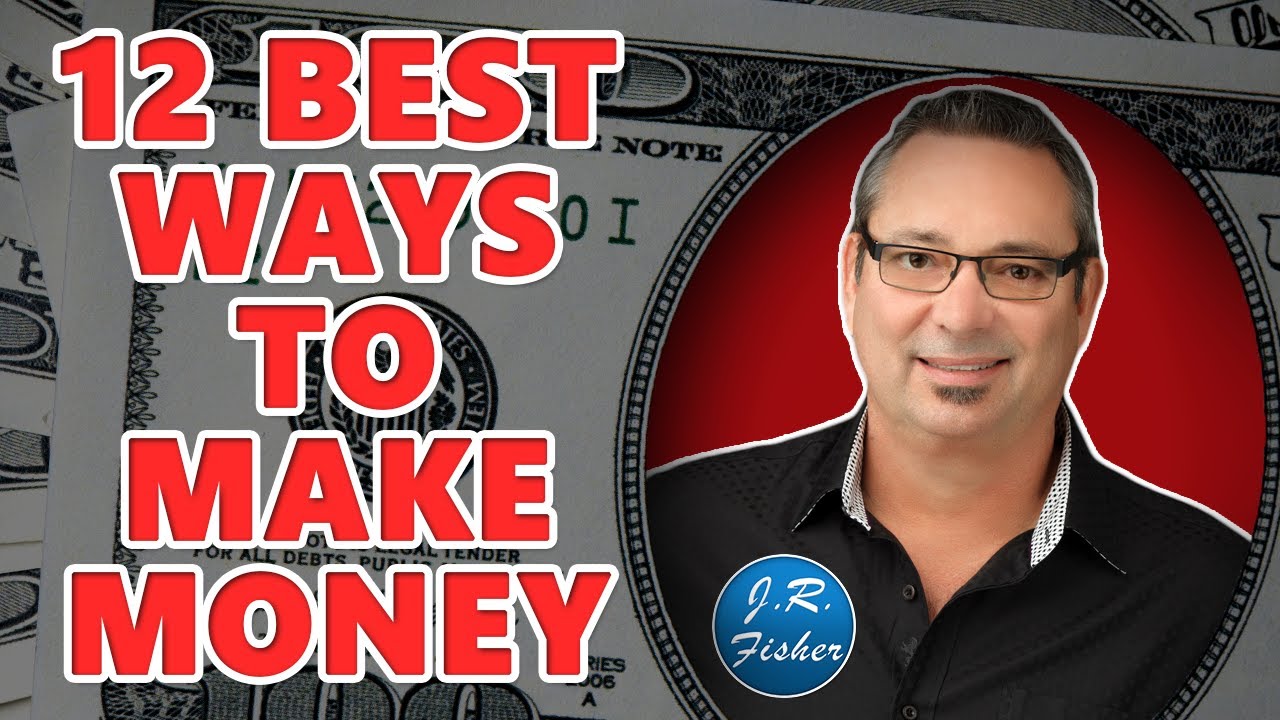science-backed strategies to LEARN ANYTHING | How I learned machine learning
Welcome to the new series. So since this is all about learning, what
I want to start out with is how do you learn anything? How do you learn anything is a big ask because,
I mean, that'll be like cleaning your bathroom to quantum physics and there's a bit of level
in between, right? Well, let's try anyways. I have a deep fascination with learning. I love learning new stuff. I love diving deep into new things. I like to teach stuff and therefore gain deeper
insights into topics, as you see. If you want to learn machine learning, then
you have to understand the theory, but you do have to do the application as well. If you do not apply your knowledge, it's basically
worthless. The biggest problem when you're trying to
learn anything is that you don't know what you don't know.
When, we want to learn something we have to
find a source that tells us what we learn, or how we can learn it. We need some kind of curriculum and that's
why universities are so popular. Universities give you a set curriculum that
lines out everything you need to do to get a degree to become a scientist, to become
a teacher. And once you're done with this, you should
know everything in between. Realistically we don't, but of course we have
an idea of all the things that we should have learned along the way and it gets much easier
to get back to this point and dig in. "Oh yeah, that thing and it's like if you've
seen it once, you can place everything in the right context.
However, university is … I mean a degree
is three years and that's a lot of time. So when people are trying to get into machine
learning, like we are in this series, that means there are people with PhDs that are
going back to university and do a one year, two year degree. And, in the UK at least, you have to pay for
that.
And, on the one hand, it's a time investment. On the other hand, it's also a monetary investment. You get a general overview, but universities
are notorious for not giving you practical experience. Practical experience is what makes you great
at a skill. So I can practise Duolingo for Spanish as
much as I want, if I don't speak Spanish at some point I hit a wall. I can only go so far by doing theoretical
exercises, I have to apply my knowledge to actually get better at a skill, and to see
where the theory actually breaks down.
I'm not the best reader, so I rarely ever
touch books, to be honest. A lot of people love them, they condense information
quite well. But with the internet these days, I can well,
Google for anything and find an equally reliable source, or find the book itself, and then
get an online copy of it. So don't start with a book.
And then, there's YouTube. There's a lot of YouTube channels out there,
and I mean you're watching this on YouTube, which gives you information, which tell you
how it is. And sometimes it's more, sometimes it's less
entertaining, but it's lecture style, right? You take it in and you think, "Oh yes, I understand
this very well," but usually it's not enough. So if you get inspired by a YouTube video,
then you have to follow this up with actually implementing any of these topics because you
only heard about the skill but you haven't done anything to engage with the skill.
I have three steps to learn any kind of skill. The first step is to deconstruct what you
have to do to learn this thing. Go into university courses and look up what
kind of knowledge, what kind of courses they're doing. Make a list of … have a look at online MOOCs,
something like that. If you're trying to learn any skill, there
is information out there what the skill is actually in it's nitty gritty details and
you have to understand the details to understand the actual skill. So machine learning is made of math. Is made off … so not just math but specifically
you have to know linear algebra, you have to know calculus, you have to know statistics. If you know you have to know at least parts
of these skills, you will be able to dive deeper into those skills so you actually understand
what you're doing. As someone that is learning a new skill you
don't know what you don't know. So, say, you want to learn physics, you don't
know what parts of physics there are, you don't know what math you need for these kinds
of things.
Like if you're going into high energy physics,
you definitely need to know statistics. If you are going into geophysics, like myself,
you definitely need to know about waves and about signal theory. So really you don't know what you don't know
until you know what you don't know. The last point is immersion. You have to immerse yourself in the topic. So that can have varying degrees, of course. So one YouTuber I really like, Nathaniel Drew,
just moved to Italy to learn Italian. That's quite extreme. Not a lot of people can do that. First of all, you have to have the right passport,
but second of all, you also have to have the time and the flexibility. A lot of people watching this YouTube have
children, are trying to learn something on the side or, yeah maybe aren't as free to
travel somewhere. So learning a language is just language courses,
but you can do these as language courses. You can do these, then in groups. You can seek out magazines that are written
in that language to read it. You can join online forums, you can switch
your phone into that language.
Those are all ways to immerse yourself for
language learning. If you're going to a more abstract skill like
machine learning, go into it and try to find a project that is important to you. So maybe you are really into sports do an
analysis of sports, like how are your teams … how is your team performing? Can you predict the goal difference for the
next game they will be playing. Find a project that you find interesting. It can be as whimsical as you want, but it
has to be something that you know a little bit about, that you invested in.
And then combine that with the skill. So if you're doing machine learning, maybe
you like collecting coins. So you build a machine learning system where
you can give it an image of your coin and it'll tell you all the facts about that coin. What year is it from? Why is it worth collecting this coin? What's interesting about the region in that
year that it was made? You know you can always spin it further and
you can always build that project to create something really cool.
And when you're interested in something you
will go one step further to make it even better, to make it even cooler. And learning that way, you will have the capability
of building something great and learning something with it. And then if you show it to others, they will
be intrigued as well. So you can actually explain what you've been
doing. So this is how projects are immersive. You, basically, build something that is so
cool that you're thinking about it more than you probably should. Even if you have a full-time job take a half
hour out of your day, maybe take the evening on a weekend to learn this new skill, and
to build a project that you find really interesting. This is one of the reasons why I like hackathons
so much. It gives you a full weekend where you can
fully immerse yourself in a new topic and learn something and build something great
to try to impress all the others at that hackathon.
And that's how I learned a lot about machine
learning and about programming. So just to recap, the first thing you have
to do, deconstruct. The second part, seek weakness. Find the points where you're really crap at
and improve them relentlessly. Last part, immerse yourself. Find the space where you can learn this thing
the most effective because you have to do something about it every day, if you can. By using these three skills: deconstructing,
seeking out weak points and immersing yourself means that you will be able to learn pretty
much anything that you set yourself out to. It won't be instant, it will not be easy,
but learning new things never is. So if you want to learn with me, if you want
to dive deep into machine learning for science, then definitely make sure to subscribe down
below.
Leave me a comment what you want to learn. I know it can be overwhelming. I mean, I'm in that situation myself right
now doing video. I'm looking forward to see you in the next
videos. I hope I can give you some interesting insight,
and some concrete methods to work with. And I'll see you in the next video. The biggest problem about … the biggest
problem ….

![6 Secret Storytelling Formulas [THAT WORK] to Supercharge Your Copywriting](https://marketingviralvideo.info/wp-content/themes/schema-lite/images/nothumb-related.png)
